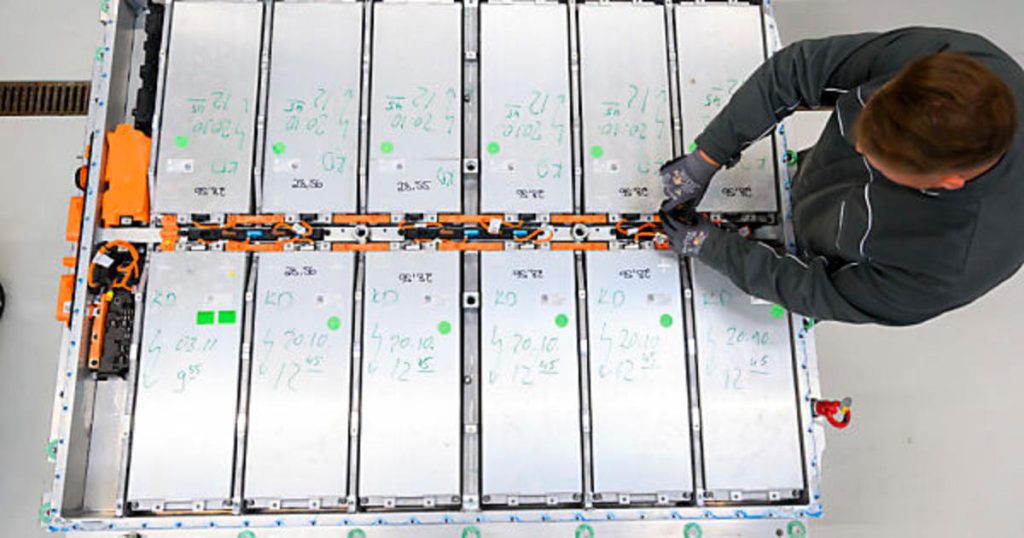The Volkswagen group wants to employ up to 20,000 people in the newly founded battery company in Europe in the medium term, and is also considering setting up its own cell factories in North America. The company, called PowerCo, should generate sales of more than 20 billion euros annually by 2030, Volkswagen announced Thursday in Salzgitter at the start of construction of the group’s first in-house factory for electric car battery cells in Germany.
The same amount is planned for the total investments. According to the Labor Council, there should be 5,000 new jobs in the city in Lower Saxony, and there are currently nearly 7,000 employed at the existing engine plant. German Chancellor Olaf Schulz and Prime Minister Stefan Weil (both Social Democrats) attended the groundbreaking of the new halls.
Combustion engine production will continue to decline and will be phased out in the long run. However, PowerCo from Salzgitter is in control of the majority of the group’s battery business. It concerns the entire value chain from raw material procurement to production and recycling. A research center is also attached.
From 2025, VW wants to produce a so-called unit cell at the new plant, which is being built next to the engine’s production. It will be used in four of the group’s five vehicles and will halve production costs for central battery elements. So it is for business models, not for luxury cars.
Based on a total electrical capacity of 20 gigawatt-hours (GWh), 40 gigawatt-hours per year is directed at Salzgitter over several steps. That should be enough to equip half a million good electric cars. This volume is also the target of five other cellular plants in Europe. In addition to Salzgitter, Skellefteå has already been confirmed in northern Sweden and Valencia in Spain.
Orders for the other three sites are expected to come from Germany and Eastern Europe, among other countries. Potential “mega-factories” are also being prepared in North America. In China, VW is working with cell manufacturer Gotion in Europe with the Swedish company Northvolt.
Volkswagen is also hoping for further standardization of its “standard plant” plans to produce cells – based on the model of different vehicle-building kits and platforms. In cooperation with the main supplier Bosch, complete plant equipment is inspected. “This is how factories that can be quickly converted into other products and production innovations are created,” the group explains.

“Total coffee aficionado. Travel buff. Music ninja. Bacon nerd. Beeraholic.”








More Stories
Wealthy families take more risks when it comes to money.
Salesforce and NVIDIA Form Strategic Collaboration to Drive AI Customer Innovation
Changing banks causes problems for customers